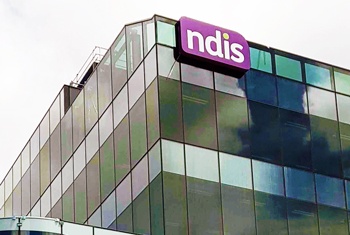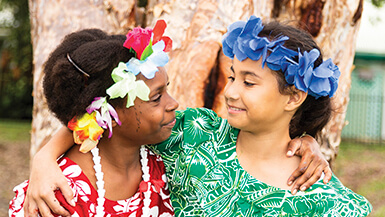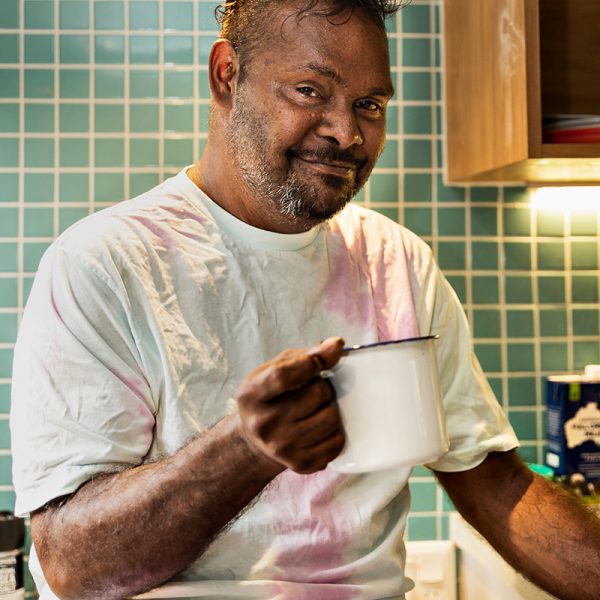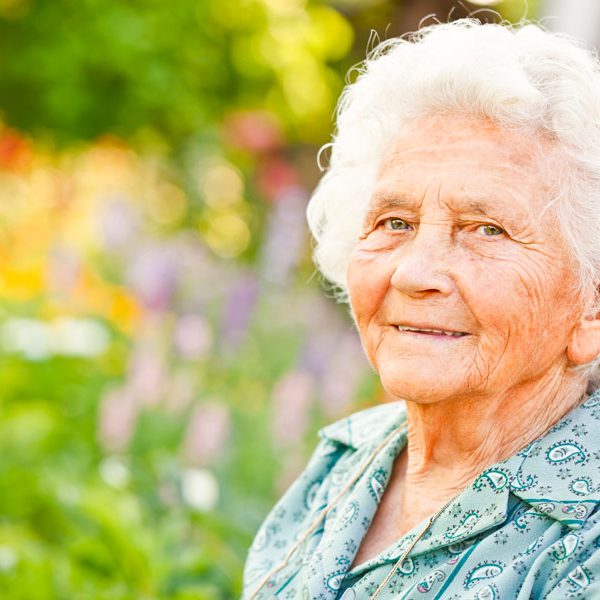
The National Disability Insurance Scheme (NDIS)
Those providing assessment and support within the NDIS should have appropriate education and training about brain injury and the cultural needs of Indigenous Australians.
Read moreMany complex issues contribute to the prevalence and impact of brain injury. Research shows an overrepresentation of brain injury in marginalised populations, continuing a cycle of disadvantage and marginalisation for affected individuals, their families and their communities. The impacts of this affect all of us as a society.
Building an evidence base around these issues to inform and prompt policy and system change, and developing important tools and initiatives to address some of the challenges, is at the heart of all the research we do.

Those providing assessment and support within the NDIS should have appropriate education and training about brain injury and the cultural needs of Indigenous Australians.
Read more
Aboriginal and Torres Strait Islander peoples with disabilities have much lower rates of access to appropriate services and supports including the NDIS.
Read more
We understand the need for appropriate disability identification and referral processes to better support people with brain injury subject or at risk of custodial sentences and reduce recidivism.
Read more
Synapse is working to respond to the unique needs of people with brain injury as a result of domestic violence, contributing to improved outcomes.
Read more
Home is where the heart is. But for people with brain injury we know this is frequently not the case, with many experiencing housing instability, living in aged care or in housing that does not meet their needs.
Read more
People with brain injury living in rural and remote locations have significantly less access to services and supports, due to the lack of availability in these areas.
Read more
We know that for people over 65, there is an increased incidence of conditions that lead to brain injury including stroke, Parkinson’s disease, dementia disorders and injury through falls.
Read more
Adverse life experiences can influence vulnerability to disadvantage including violence, trauma and substance (AOD) misuse, all of which can lead to brain injury.
Read more
We are committed to increasing awareness about FASD, particularly in relation to people who may be undiagnosed and at risk of homelessness and/or engagement with the criminal justice system.
Read more
Synapse sheds light on how veterans are living with mostly undiagnosed brain injuries because of their service.
Read more
If you’ve got questions or need advice, support or further information, get in touch with us today. We’d love to help